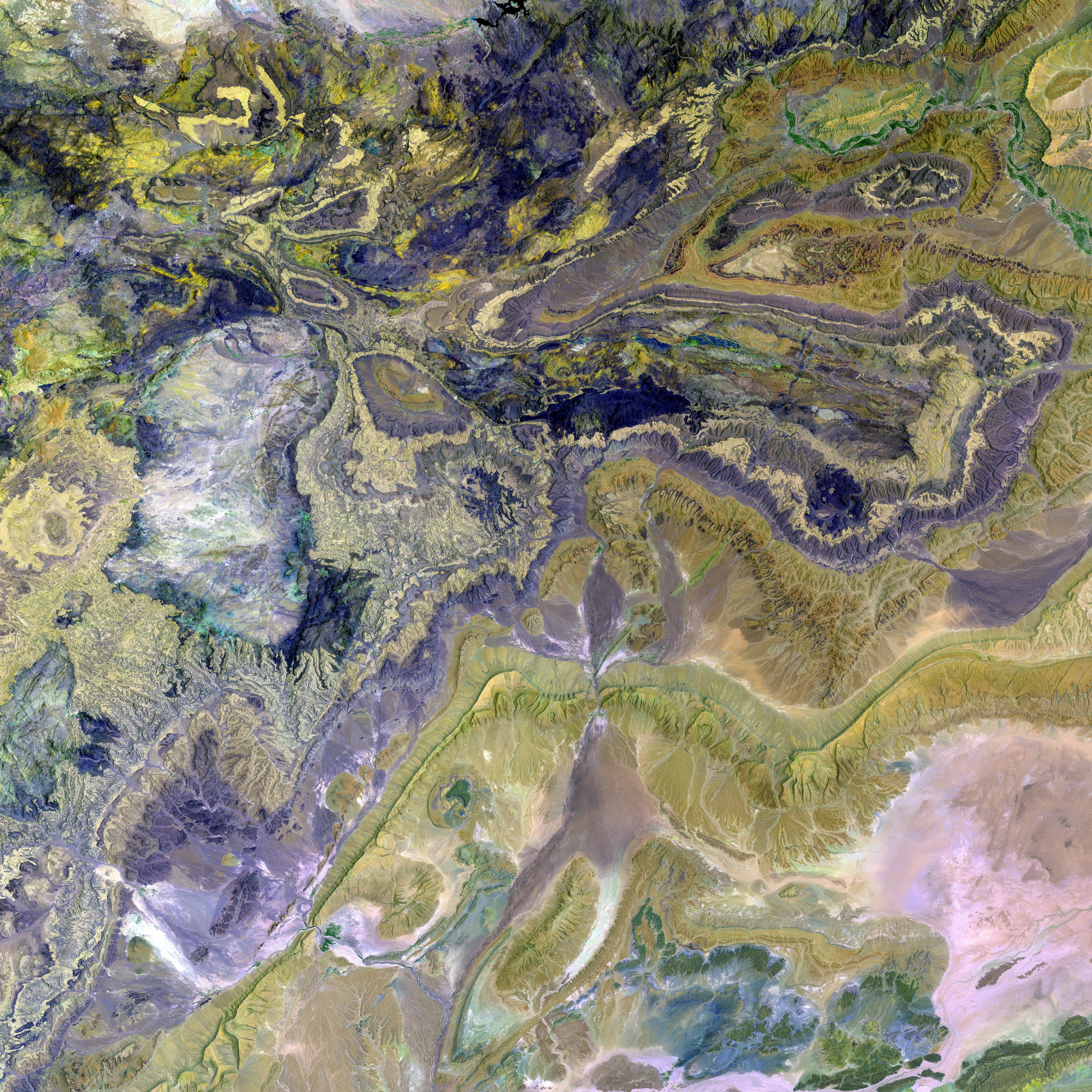New Crackdown on Wild Camping for Motorhome Lovers in Greece
Strict Penalties Imposed on Camper Vans
Greece, once a paradise for motorhome holidays due to its lack of strict regulations, is changing. The authorities are now tightening the screws on wild camping.
Despite wild camping—whether with a tent or motorhome—being banned in Greece for years, it's been a largely ignored rule by both authorities and tourists. But the days of turning a blind eye are over. The Greek authorities are implementing stricter measures against wild camping. From now on, motorhomes cannot be parked in residential areas for more than 24 hours without being on a designated campsite or parking lot for motorhomes, as reported by the Greek newspaper "Ekathimerini" and ADAC.
According to Law 5170/2025, the following locations are off-limits for setting up tents or parking caravans or motorhomes:
- Archaeological sites
- Coastal strips
- Beaches
- Forest edges and forests
Putting a Stop to Unauthorized Camping
The consequences for violating these rules can be severe. Fines of up to €300 per person can be imposed, and if the camper contests the fine or flees, fines of up to €3,000 and up to three months imprisonment can be imposed. Private property owners are also affected by these new regulations—they can now only accommodate a maximum of one motorhome on their property.
The aim of the new regulation is to protect officially operated campsites and ensure public hygiene and safety, as well as prevent the misuse of public space to the detriment of the environment and cultural heritage.
Wild camping is also banned in Germany, with fines ranging from €5 to €5,000, depending on the location and the extent of damage caused. High fines are threatened in nature reserves and national parks.
These stricter regulations in Greece are part of a growing trend in Europe to address concerns over environmental impact, overcrowding, and unauthorized camping.
Overnight in a Motorhome
Motorhome enthusiasts must now find officially organized campsites that meet health, safety, and environmental standards and adhere to the 24-hour parking limit in designated municipal areas. Temporary stops are allowed, but camping activity outside official campsites remains strictly prohibited. Violators risk facing fines up to €3,000 and up to three months imprisonment.
Sources: ntv.de, awi
Interesting Facts
- The new regulations in Greece aim to protect the country's natural and cultural heritage while aligning with practices in other countries implementing similar restrictions.
- Motorhomes and caravans are not allowed to park in public spaces, including beaches, parks, and even standard car parks unless in designated, licensed campsites.
- The new regulations affect private property owners, limiting them to accommodating a maximum of one motorhome on their property unless the property is licensed to accommodate more.
- The community policy in Greece is tightening the regulations on wild camping, including for motorhome lovers, enforcing a 24-hour limit in designated areas as part of the new crackdown.
- Vocational training programs could benefit from the growing trend in Europe to address concerns over environmental impact, as regulatory changes related to industries such as automotive and home-and-garden may require updated skills and practices.
- Finance and transportation sectors could see changes in travel patterns and expenditures due to the new wild camping regulations in Greece and other European countries, as motorhome enthusiasts may need to spend more on organized campsites and comply with stricter guidelines.
- Vocational training in outdoor-living and sustainable travel could be valuable for the lifestyle industry, helping individuals adapt to new regulations and make informed choices when planning trips, thus promoting environmentally friendly practices and upholding the integrity of cultural heritage sites.






